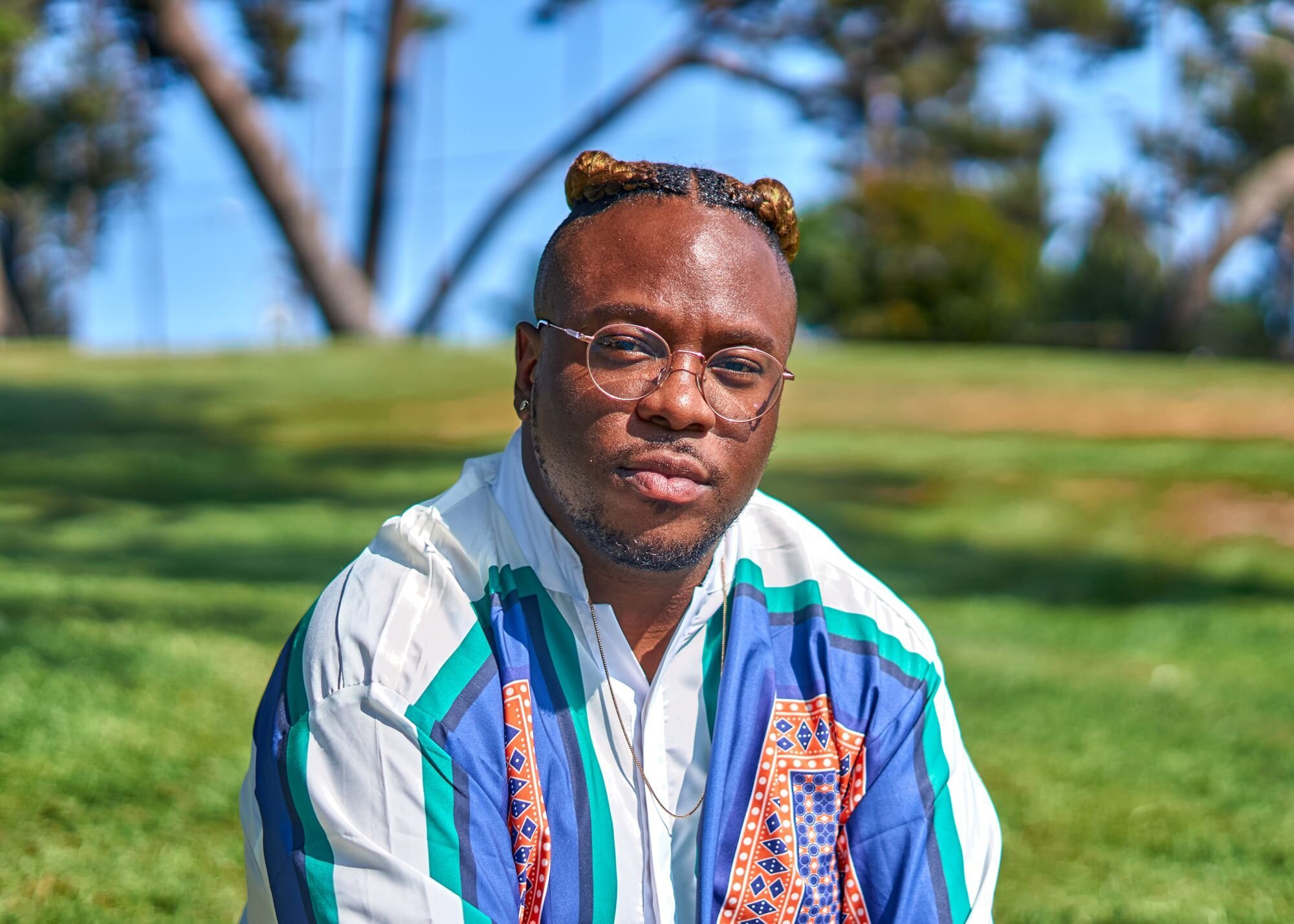Intentional Storyteller Doug Jones on Real Estate and “The Fantasies of Future Things"
Despite decades spent honing his skills in New York City’s cutthroat housing and economic development arena, then taking on Atlanta’s booming housing market, Doug Jones considers himself an accidental real estate agent. He considers himself a storyteller who happens to sell real estate.














